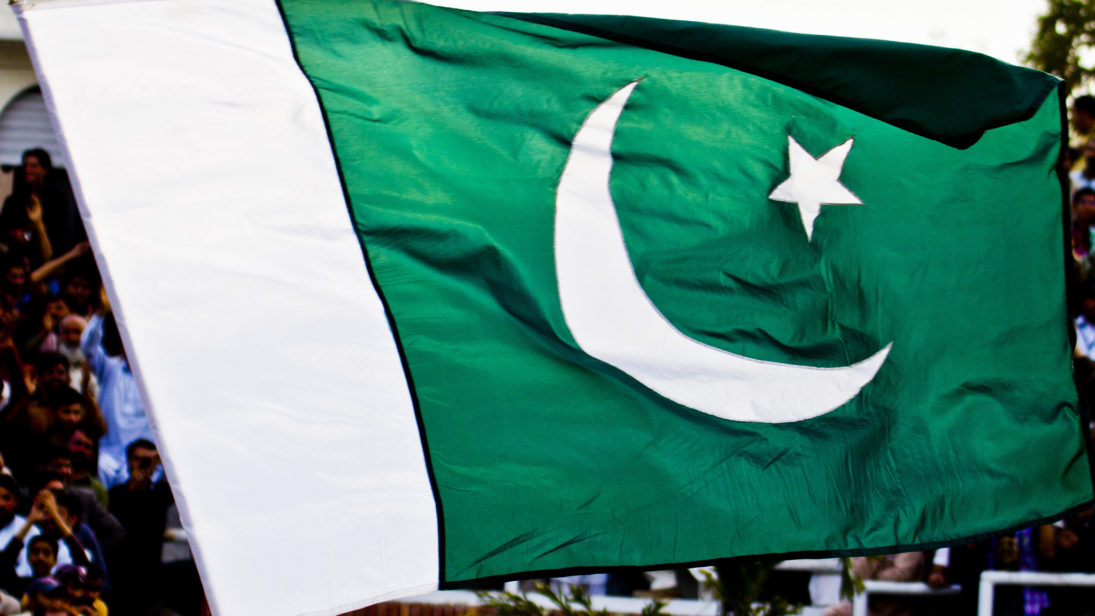
With general elections in Pakistan scheduled to take place this summer, all major political parties have already begun campaigning and articulating their agendas. While domestic problems, such as bad governance, rampant corruption, and political victimization of ethnic groups have emerged as electoral issues, foreign policy has been noticeably absent from party manifestos. What accounts for foreign policy not being an electoral issue in Pakistan?
Lack of Awareness and Impact of Military Rule
Pakistani political parties have seldom taken an interest in debating foreign policy issues during elections. There are two main reasons for this: first, like most other countries, Pakistani voters are generally more concerned with immediate problems that directly impact their livelihood, such as poverty, unemployment, and lack of access to basic services such as electricity, to name a few. Most voters are not well-versed in foreign policy issues beyond those that are intimately linked with Pakistan’s stated ideology and identity. Popular public opinion considers countries like India and Israel as enemies of the state, and it can be argued that if political parties debate altering or reforming Pakistan’s traditional foreign policy orientation, they stand to lose electoral support.
Second, the civilian leadership’s lack of control over the country’s foreign policy hampers any public discussion on it. There have been more military regimes in Pakistan than civilian governments, leaving its powerful military with significant and over control of both the country’s foreign and security policy, which it prefers not to discuss publicly. An open exchange on foreign policy during the election cycle is likely to involve a debate on the disproportionate control of the Pakistani military over that policy, which the military would like to avoid.
In the past, when the civilian government has tried to influence foreign policy decisions, it has faced backlash from the military: the firing of former Prime Minister Nawaz Sharif’s foreign policy advisor Tareq Fatemi and another official of the Information Ministry for their purported role in revealing civil-military differences on how to deal with terror groups is a case in point. This shows how the military has openly undermined the elected government’s ability to govern when the military’s institutional interests are challenged. This limits candidates’ willingness to raise the question of foreign policy in an election cycle, since it could pit them against the military.
Should Foreign Policy be an Electoral Issue?
While it is unlikely that the upcoming general election will see political parties take the issue of foreign policy to voters, there is a dire need to have an open and dispassionate debate on the subject. While the general public may look at domestic and foreign policy in isolation, the two do not operate in exclusive domains. Greater public awareness of foreign policy problems is important because these issues may be directly linked with domestic concerns and could affect the daily lives of the electorate.
Pakistan’s foreign policy choices over the last few decades have greatly impacted its internal security. Decisions made by the security establishment, such as sustaining hostility toward neighboring states and condoning the use of proxy groups to achieve security interests in the region, have destabilized Pakistan internally. A large part of Pakistan’s budget is spent on defense, directly linked to its problematic foreign policy ambitions, when it can be used for education and healthcare instead. If Pakistan is to grow as a democratic state, issues of national interest such as the country’s foreign policy decisions should be debated and discussed openly during elections.
The Way Forward
Pakistan’s burgeoning middle class and young, educated population desire an improved economy, better public services, increased employment, and social justice. Such an electorate is likely to demand explanations for any foreign policy decisions that may impact domestic growth. Additionally, without state institutions that function as laid out by the constitution and informed political participation by the people, there can be no working democracy in Pakistan. Thus, Pakistan’s political parties would do well to abandon their focus on narrow electoral goals and generate greater public awareness about the stakes of foreign policy decisions, in order to act as a check against any one institution dominating the foreign policymaking process.
***
Image: Imtiaz Ahmed via Flickr


